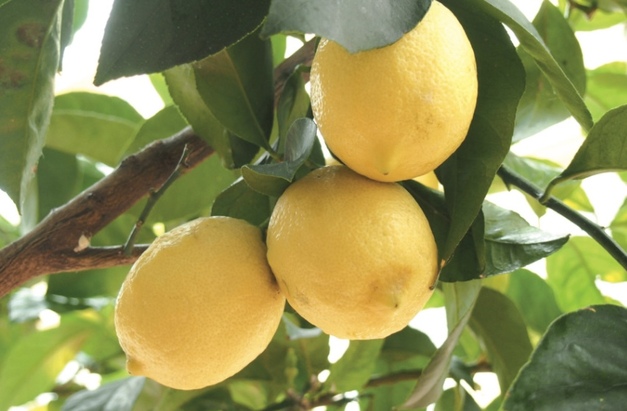AMMAN — Grappling with a perfect storm of falling market prices, escalating production costs, and policy hurdles, Jordan's citrus farmers are being forced to make difficult decisions to stay afloat, according to stakeholders.
In the Northern Jordan Valley, a major citrus-growing region, many farmers are uprooting their citrus trees and switching to alternative crops as growing conditions for citrus have become increasingly unsustainable.
Khaled Rawashdeh, a farmer from the Jordan Valley, noted that "citrus farming is no longer a viable option for many of us."
He pointed to a market oversupply as a primary cause, with overlapping harvest seasons across various regions exacerbating the glut.
Rawashdeh and other farmers argued that the influx of imported citrus, despite a local surplus, has further deepened the crisis and rendered local farming economically unfeasible.
Among those affected is Mohammad Sawalhah, who told The Jordan Times that “Production costs are skyrocketing, and it’s no longer sustainable. The market is overwhelmed with citrus, and what we need now is a fair policy.” He added that many farmers are leaving the industry altogether, warning that Jordan may eventually become reliant on imports for basic food supplies.
In response to the mounting crisis, some farmers have taken to the streets in protest, demanding urgent government intervention. Their calls include stricter import regulations, financial aid, and comprehensive policies to safeguard local agriculture.
Agricultural experts also stress the importance of implementing stronger regulatory measures to help farmers weather economic and environmental challenges and sustain local production.
